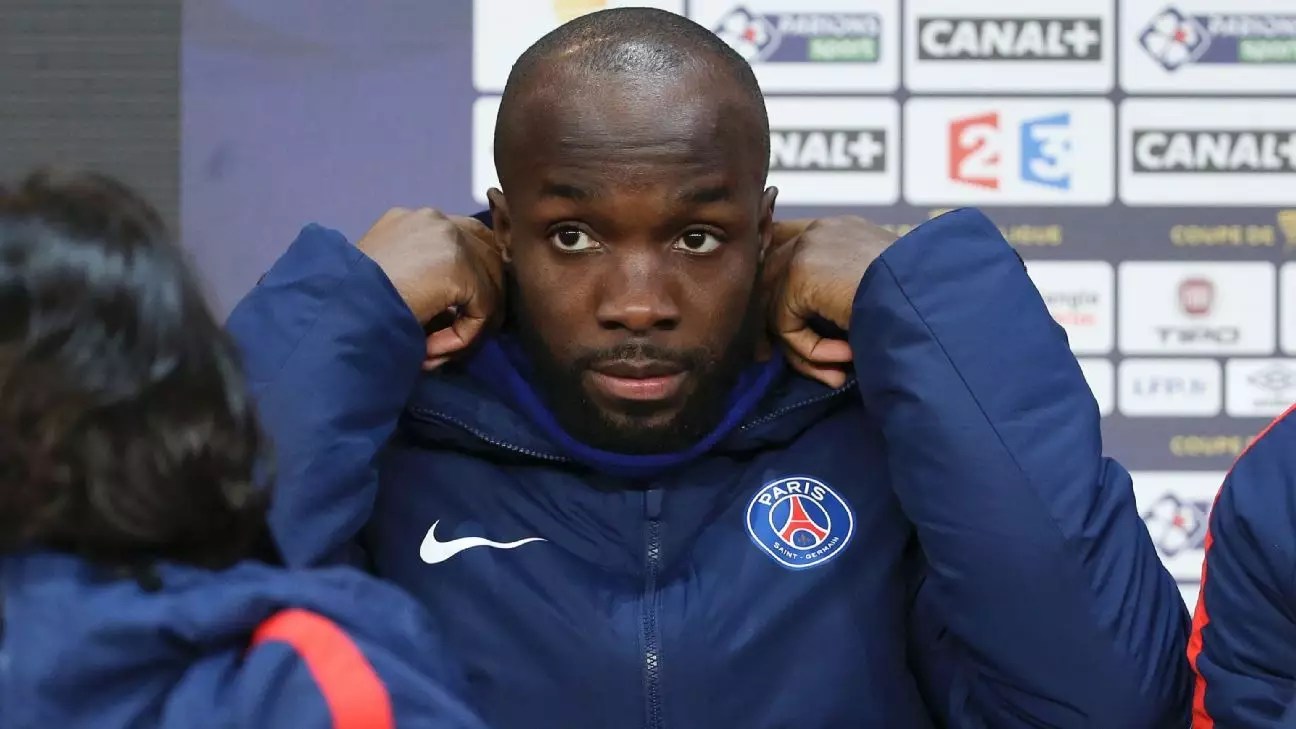Lassana Diarra’s recent legal victory isn’t just a personal triumph; it’s a seismic shift in the world of professional football. For years, players like Diarra found themselves trapped within a system that prioritized club interests over individual rights, often leaving them with little recourse when disputes arose. His fight against FIFA, culminating in a landmark ruling by the European Court of Justice, represents a courageous challenge to the oppressive grip wielded by the sport’s governing body. It’s a testament to the growing realization that football’s legal framework is ripe for reform and that players—those who breathe life into the game—deserve stronger protections.
Diarra’s case highlights the systemic issues embedded within football’s transfer regulations. The rules, rooted in a decades-old framework, were designed perhaps with efficiency in mind, yet they inadvertently stifle free movement and fair competition. His decade-long battle reveals how entrenched these barriers are and exposes FIFA’s reluctance, or inability, to adapt these standards to align with contemporary labor laws, especially those established by the European Union. The court’s decision to scrutinize FIFA’s rules under EU competition law underscores a broader push for accountability — a move that could redefine the power dynamics between players and football authorities.
The Significance of the Court’s Ruling: A Win for Fair Play and Players’ Rights
The European Court of Justice’s judgment signals an acknowledgment that some aspects of FIFA’s regulations suppress player mobility and violate competition laws. This isn’t merely a legal technicality; it fundamentally questions the legitimacy of FIFA’s authority over transfer procedures. The court’s critique serves as a wake-up call for FIFA to overhaul its policies, making the governing body more accountable and transparent.
Diarra’s personal claim of €65 million in damages reflects his belief that his career has been unjustly curtailed by a system that prioritized organizational interests over athletes’ rights. His stance is that the system is tipped unfairly against the individual player, often leaving them vulnerable when disputes involve lucrative transfers or contractual disagreements. By daring to challenge such a formidable institution, Diarra is not only fighting for himself but also illuminating the plight of countless lesser-known professionals who lack the resources to pursue legal action. His willingness to stand up against FIFA’s dominance exemplifies a rare but vital form of activism within the sport, one that could pave the way for more equitable rules and protections for players across the globe.
The Broader Implications: Challenging Monolithic Authority in Football
This case exemplifies a broader trend of legal scrutiny against overarching sports institutions. Diarra’s legal team and organized players’ unions are pushing to extend this victory into a class-action suit aimed at benefiting over 100,000 players over two decades. Such a move signals a collective push for systemic change—calling into question the unchecked authority FIFA currently holds.
The football community, from grassroots players to top-tier professionals, must grapple with the realization that transparency and fairness in transfer policies are not just desirable but essential for a healthy sporting ecosystem. When a player’s livelihood and career progression are dictated by rules that are arguably anticompetitive, it prompts a reevaluation of governance in the sport. This case provides an intoxicating blend of hope and challenge: hope that reform is possible, and challenge that FIFA must shed its insular approach and truly serve the interests of players, not just clubs and bureaucratic interests.
By taking such a bold stance, Lassana Diarra has become a catalyst for change—arming athletes with the legal ammunition they need to claim their rights. What started as a personal quest has the potential to metamorphose into a global movement, advocating for a fairer, more player-centric future for football. This moment could resonate across corridors of power, forcing FIFA to confront its legacy of resistance to reform and inspiring a new era where players’ voices are heard louder than ever before.

